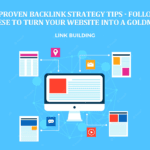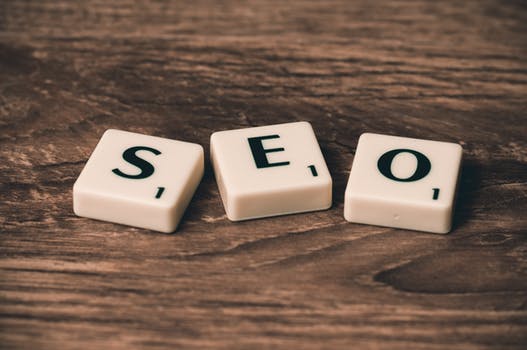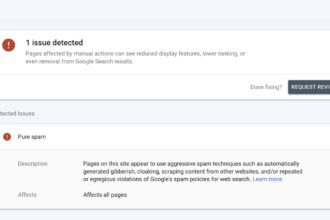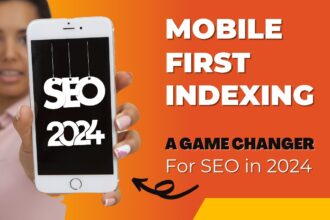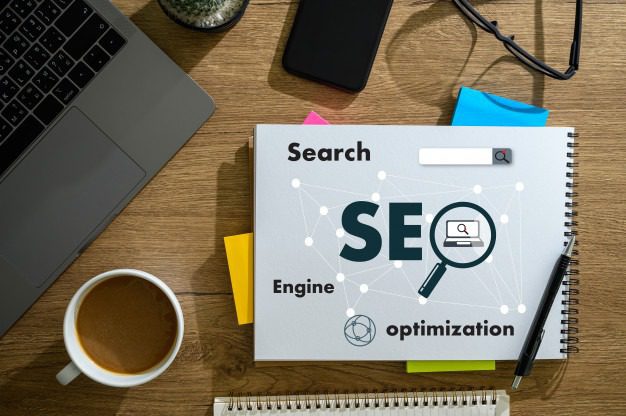
SEO is essential for many businesses looking to grow their online presence. But Improving your online visibility can be challenging, especially if your website lacks a robust design or well-written blog posts. It’s challenging to wade through all the online noise and parse out the essential pieces of information that will help you improve your SEO. But don’t worry: focusing on these four proven basic strategies will enhance your site’s ranking and set you up for success.
How long will it take to improve your SEO rankings?
There’s no specific time it will take to improve your site’s rankings. Unfortunately, it just depends on your efforts. Skills, budget, competition, and your website’s current rankings will all influence your SEO rankings. Indexing or re-indexing content can take several hours or several weeks. Even if your page does get indexed, it doesn’t mean it will rank.
You shouldn’t expect to improve your SEO rankings overnight. Even if you make significant changes to your website design, functionality, or content, it may take months or a year even months to have an effect.
That doesn’t mean you shouldn’t try, though. It would be best if you still worked on some of the many factors that play a role in your SEO rankings:
Website load speed
Linking to new pages
Avoid unnecessary URLs, like category page filters
Below, we’ll discuss the most important ways to improve your site’s ranking on Google. Keep in mind: that high-quality content that matches search intent and contains helpful information will win out in the end. It just takes a little time.
Four ways to improve your Google rankings
There’s no way to sugarcoat it: efforts to improve your site’s ranking on Google will likely take months of hard work, skill, and a little luck. If you want to get your website to the first page of Google, follow these steps.
Work on your site’s foundation
You can’t rank on Google without a solid foundation. That means working on your website’s structure, layout, and information architecture. The page experience matters a great deal when Google indexes your content.
Google defines the page experience as “a set of signals that measure how users feel about using a web page for more than just its informational value.”, on both mobile and desktop devices.”
That means working on your page’s loading time, HTTPS secure connection, and mobile friendliness. Performing a technical audit can be a great way to dive deeper into your site’s foundation.
Experts such as Alchemythree can help your website’s SEO foundation.
Optimize your page for Google
Optimizing your content for Google is an absolute must. But what does that mean? Writing great content to keep your readers engaged – and answer search intent – is vital. Consider adding headings to break up and organize the content, keep titles short, and craft unique (and fitting) meta titles and meta descriptions, among other techniques.
Optimize for search intent
Understanding search intent is a confusing hurdle for many people running their websites and blogs. When people search for a particular phrase, do they want informational content? Do they want to book a hotel? The context of the search matters. Once you understand the context of a search, you can serve results that will match the user intent. This is critical for your site’s ranking.
There are several types of search intent:
Navigational
- this is a search for a particular website.
Informational
- this is a search for knowledge or information.
Commercial
- this means a search for data (like reviews) to purchase a product, ultimately
Transactional
- this is a search to make a purchase, like when a user searches “Where to buy X dress”
You can determine intent just by going through the rankings for each search. What questions are the articles answering? If your blog does not match that intent, you will not rank.
Re-evaluate your internal links
Do external links still matter? Of course! In 2022, it’s still correlated with high search rankings. But it’s becoming increasingly essential to re-evaluate your internal linking structures. The links on your website must be strategically placed, and all links must work. A proper internal linking strategy means connecting to your best pages up top. One way to do this? Consider making a section with top links, like your “Most Read Posts” or “Best Selling Products.”
Key Takeaways
Setting your website up for success can initially seem overwhelming, especially starting from scratch. However, it’s crucial to remember that even in this day and age, focusing on the basics and following our easy tips will lead to better results – with just a little patience.




